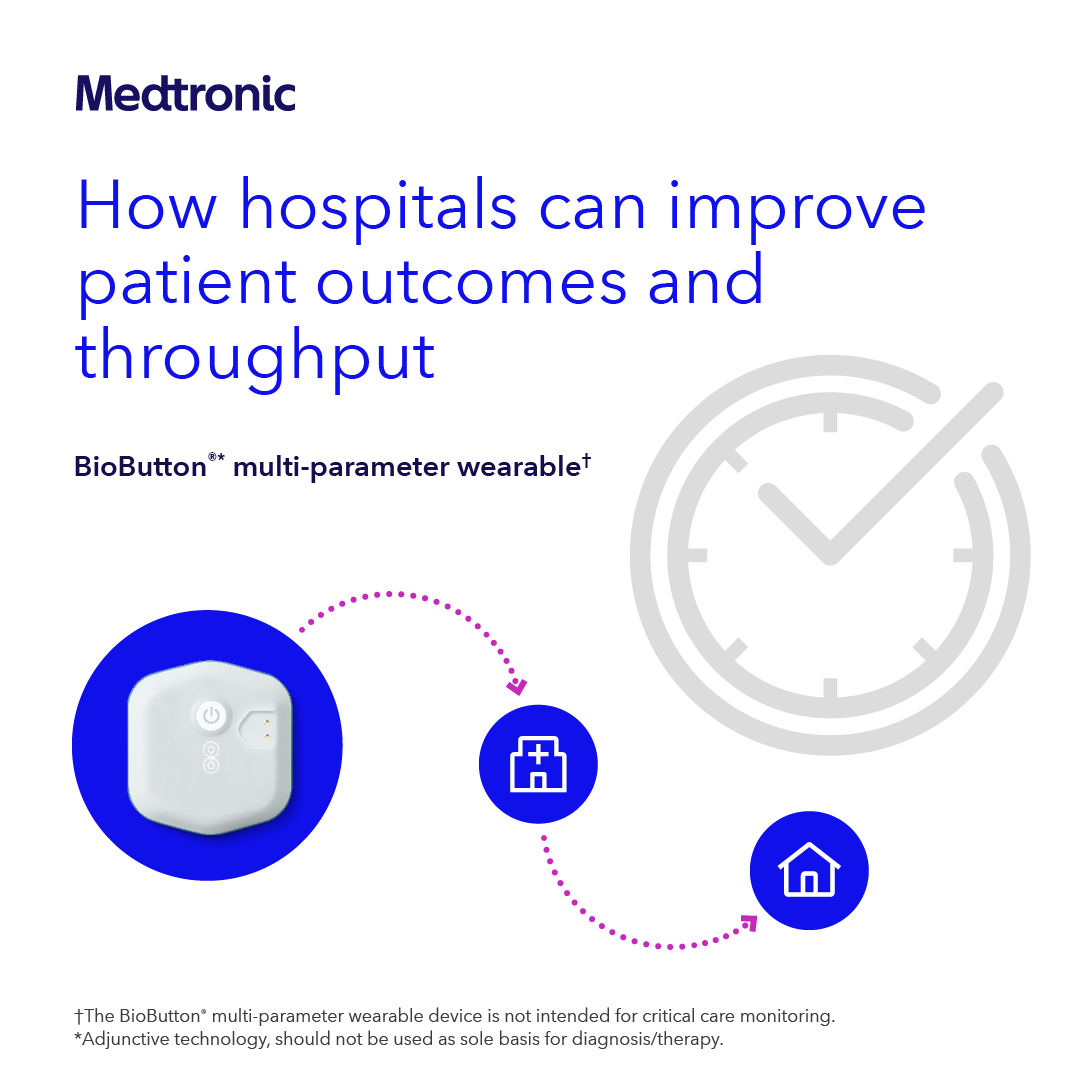Compassion in the 21st Century: MSNCB President's Message

The practice of nursing constantly evolves. Traditionally, nurses have always been at the bedside of those who suffered from illnesses or injuries. The minds (knowledge) and hands of nurses were the tools they used to facilitate healing in the patients to whom they provided care. With all the innovations in technology, nurses have increasingly become surrounded by equipment that helps support and improve the patient’s health and wellness. It is undeniable that technology has made an incredibly positive impact on patient care. However, technology has also negatively affected the amount of time nurses spend in providing direct patient care.
According to a study performed by Hendrich, Chow, Skieczynski, & Lu (2017): A 36-Hospital time and Motion Study: How do Medical Surgical Nurses Spend their time, in which 767 medical-surgical nurses participated, nurses spent 43.7% of their time on patient care activities, patient assessment, & medication administration. The remainder of the nurses’ time was spent on documentation (35.3%) and care coordination (20.6%).
Consequently, nurses must make every effort to interact in a sensitive and compassionate manner with patients and their families, even when time seems limited by a seemingly endless array of non-patient care responsibilities. We must learn to support our nursing care teams, teaching and demonstrating compassionate care as a standard practice in all our patient interactions. We must all understand that compassion is a broader term than empathy and refers to both an understanding of another’s pain along with the desire to somehow mitigate that pain.
Clearly, demonstrating compassion is not an easy task given the number of patients who present to our facilities with addictions, mental illness, homelessness, and a lack of trust in the health care system. However, as front line staff, med-surg nurses must understand the fundamental relationships between patient care, compassion, trust, and wellness. Compassion both verbal and nonverbal is indeed an integral aspect of patient communication and is essential in developing the nurse-patient relationship.
Compassion does not require a dissertation, rather a touch, a look, a smile, and open honest communication.
Maya Angelou said it best: “They may forget your name, but they will never forget how you made them feel.” Let’s always remember that in nursing, compassion and technology must coexist for the best patient outcomes.
Thank you med-surg nurses for adapting and thriving in an ever-changing world.



